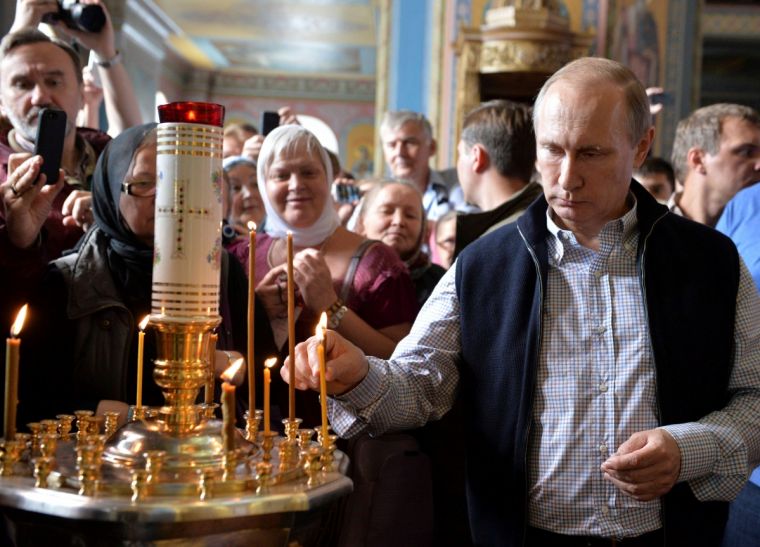Russian Orthodox Lent Has Started, But Most Russians Won't Be Giving Anything Up

Only a quarter of Russians will keep the Orthodox season of Lent, a poll has found, despite the rising profile and influence of the Russian Orthodox Church. Around 73 per cent will carry on their usual lifestyle as normal.
Lent for Orthodox believers began on Monday, known as 'Clean Monday', and is more strictly observed than in the Western tradition. Believers are encouraged to refrain from meat, fish, eggs and dairy products, wine, and oil, and to devote themselves more intensively to private prayer and repentance. Special themes and liturgies mark each week of the Great Lent, featuring particular readings from Scripture, liturgies and traditional foods. Many believe it is also right to refrain from sexual intercourse.
However, a survey from the Levada Centre reported by Asia News found that only two per cent of Russians will keep all these requirements for the whole period of Lent, with four per cent saying they will keep Lent only during Holy Week, the week before Easter.
While Russians are not attracted to the severest discipline of the season, more of them are prepared to make a gesture towards it, with 30 per cent willing to limit their intake of alcohol and 19 per cent prepared to give up social media and online entertainment. Fifteen per cent say they will stop having sex.
In terms of the Orthodox Church's physical presence and influence in Russia, it has grown very sharply since the 1990s under the patronage of President Vladimir Putin; from 6,800 churches open in 1986, at the end of the communist period, it now has 30,000 in 250 dioceses and more than 800 monasteries. However, church attendance remains among the lowest in the world.











